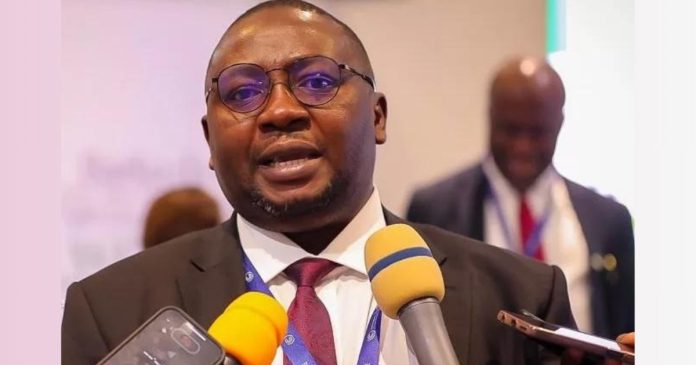The Nigerian government has defended its recent electricity tariff increase with the argument that the previous subsidy level of N2.9 trillion was unsustainable.
Power Minister Chief Adebayo Adelabu addressed the issue during a press briefing on Friday. He explained that continuing the high level of subsidy would be “insensitive” and drain resources needed for development projects in healthcare, education, and infrastructure.
“At the current exchange rate, this [subsidy] will translate into N2.9 trillion for 2024. This is more than 10% of the national budget,” Adelabu said.
He emphasized that the hike only affects customers in band A of the Nigerian Electricity Supply Industry (NESI), which represents roughly 15% of all consumers. This band is considered “pro-poor” because it applies to customers who typically use less electricity.
Adelabu acknowledged the burden on these customers, urging them to adopt “frugal” and “efficient consumption management” practices. He pointed out that band A customers still enjoy some subsidy and that the true cost of alternative power generation using diesel or petrol is significantly higher.
The Minister also addressed concerns about the fairness of the policy. He argued that wealthier consumers in higher bands currently benefit more from the subsidy due to their higher consumption levels. The new policy aims to shift the cost burden more proportionally.
Adelabu emphasized that the tariff increase for band A is a pilot project and contingent on proof of improved service. Electricity Distribution Companies (DisCos) must deliver a minimum of 20 hours of power daily or face downgrades and potential penalties from regulators. The Nigerian Electricity Regulatory Commission (NERC) will play a crucial role in ensuring compliance.
The Minister outlined other government initiatives aimed at improving the power sector. These include the completion and concessioning of the Zungeru Hydroelectric Power Plant, which is expected to add significant generation capacity to the national grid, the nearing completion of the Siemens power project pilot stage, which involves installing mobile substations and strengthening existing infrastructure, and a plan to upgrade 6,000 transformers nationwide.
Minister of Information and Orientation Mohammed Idris also spoke at the briefing, reiterating the government’s commitment to subsidizing electricity for 85% of consumers. He framed the tariff hike as a necessary step towards a “more sustainable, efficient, and equitable electricity sector.”
Idris highlighted other recent measures taken by the government, including signing the Electricity Act (Amendment) Bill 2024 into law. This act strengthens governance in the power sector, mandates power generation companies to invest in their host communities, and removes electricity from the exclusive list, potentially allowing state governments to generate and distribute power.
The briefing comes amidst public criticism of the tariff hike. The government is evidently working to counter this narrative by emphasizing the long-term benefits of the policy and its commitment to consumer protection and improved service delivery.


